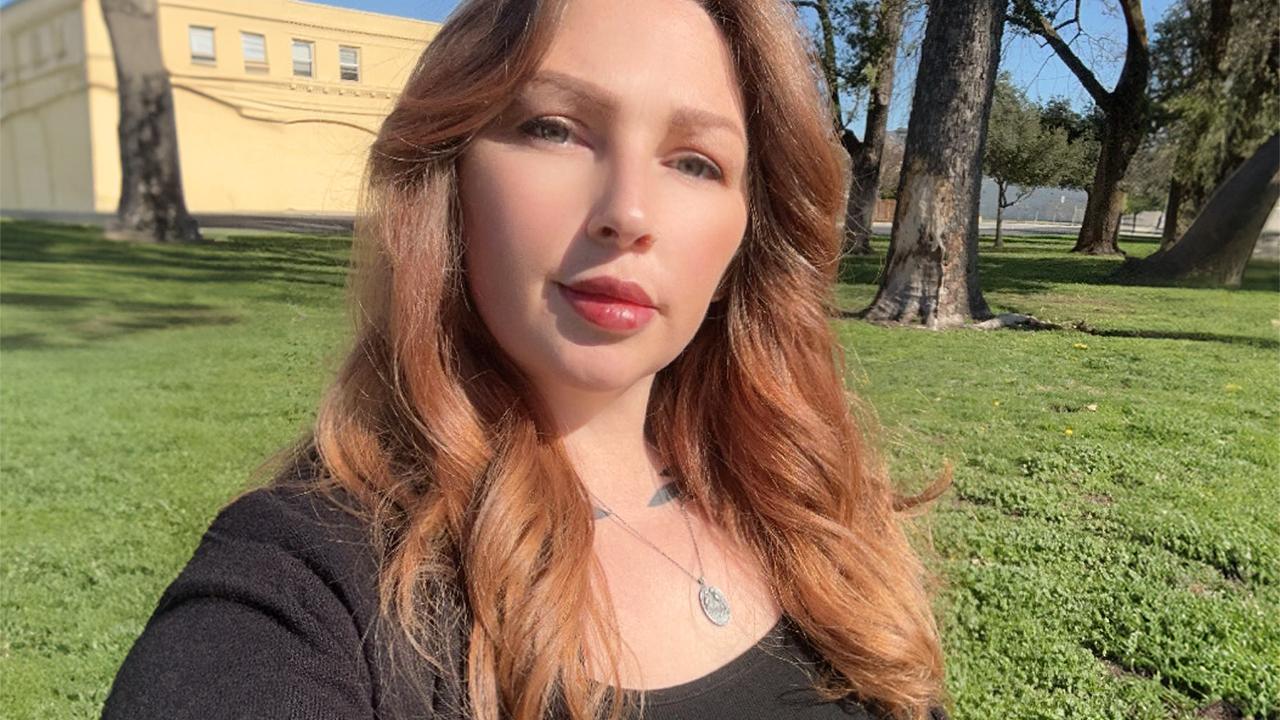
Turning Pain Into Purpose Through Education and a Network of Support
From Foster Youth to Family Advocate: Tabitha Rodgers’ Journey of Resilience, Healing and Impact
For Tabitha Rodgers, the road to healing wasn’t linear—it was forged through adversity, reflection and a deep desire to break the cycle of trauma. Today, as a transition aftercare services and substance abuse coordinator, Tabitha is a force of change in the lives of youth and families navigating the behavioral health and child welfare systems. Her powerful story, rooted in lived experience and strengthened by specialized training at the Resource Center for Family-Focused Practice at UC Davis Human Services, exemplifies what it means to turn survival into service.
“Growing up in the foster care system for six years before returning to my mother, I remember being scared, sad and angry,” Tabitha shares. “I was a 7-year-old little girl yearning for love and comfort, but found myself surrounded by strangers, bouncing between foster homes and shelters. That uncertainty fueled my anxiety and distrust well into adulthood.”
Despite a childhood marked by instability, Tabitha found resilience. Through the support of a few key mentors, teachers and relatives, she began building the foundation for her healing. “By the time I was 15, I started to lay the groundwork for the intrapersonal work that would define my recovery.”
Empowering Change Through Education
As a dedicated professional in youth and family services, Tabitha sought to deepen her understanding and refine her skills through UC Davis Human Services’ courses in trauma-informed training. She has completed a variety of courses that address the core challenges faced by system-involved families and those who support them.
“One of the key takeaways was the importance of a holistic, client-centered approach in supporting individuals with mental health needs,” Tabitha explains. “The training taught me how Wraparound services integrate care across domains—mental health, education, housing—while ensuring each person’s unique strengths and challenges are honored.”
“This training has encouraged my dream of creating a nonprofit that uplifts families, foster youth and future generations.”
Practical Impact on Her Career
The value of this training extends well beyond the classroom. In her current role, Tabitha uses what she’s learned to promote collaboration across service providers and advocate for truly person-centered care.
“This training significantly enhanced my ability to support clients more effectively. It’s helped me coordinate care with a solution-focused mindset and communicate more efficiently with other professionals,” she notes. “It’s also aligned with my aspiration to move into clinical leadership and further develop systems that support healing and equity.”
By internalizing concepts from her coursework such as family voice and choice, cultural humility and trauma-responsive practice, Tabitha ensures that her clients are not just heard—but understood, supported and empowered.
A Vision for the Future
Tabitha’s professional growth is matched by her growing ambition to make a broader impact. She envisions starting her own nonprofit focused on collaborative community engagement and generational healing.
“This training has encouraged my dream of creating a nonprofit that uplifts families, foster youth and future generations,” she shares. “I want to remove the stigmas and care provider trauma people fear today—because healing should never be out of reach.”
Her journey is a testament to the power of resilience, education and purpose-driven work. She plans to continue her learning with UC Davis Human Services, especially in areas such as youth engagement, burnout prevention for family services professionals and advanced trauma-informed strategies. Tabitha is also pursuing her bachelor’s degree in psychology at Stanislaus State University.
“My work is more than a job; it’s a mission. I’m grateful for the opportunity to give back and create spaces where healing is possible. I hope to build a world where no child feels as lost as I once felt.”
Creating Safer Spaces for Healing
Drawing from her lived experience, Tabitha teaches others to see trauma not as a label, but as a story that needs understanding and care. She now trains caregivers and staff to recognize trauma-driven behaviors as calls for help—not punishment—and to meet people where they are with empathy and practical tools.
In Her Own Words
Read more about Tabitha’s personal journey in her essay published in UC Davis Human Services’ California Wraparound Connections Spring 2025 eNewsletter.
“My work is more than a job; it’s a mission. I’m grateful for the opportunity to give back and create spaces where healing is possible. I hope to build a world where no child feels as lost as I once felt.”
A Call to Action
Through her ongoing education, advocacy and lived wisdom, Tabitha Rodgers is helping reshape systems of care—from within. Her story calls on professionals, policymakers and communities alike to center compassion, equity and understanding in every effort to support vulnerable youth and families.
To Learn More
UC Davis CPE’s Human Services division has advanced the university’s outreach mission by equipping human services professionals and organizations with training, consultation and research. Through workforce development, it strengthens agencies’ ability to support vulnerable communities, improving outcomes for children, adults and families in California and beyond.
